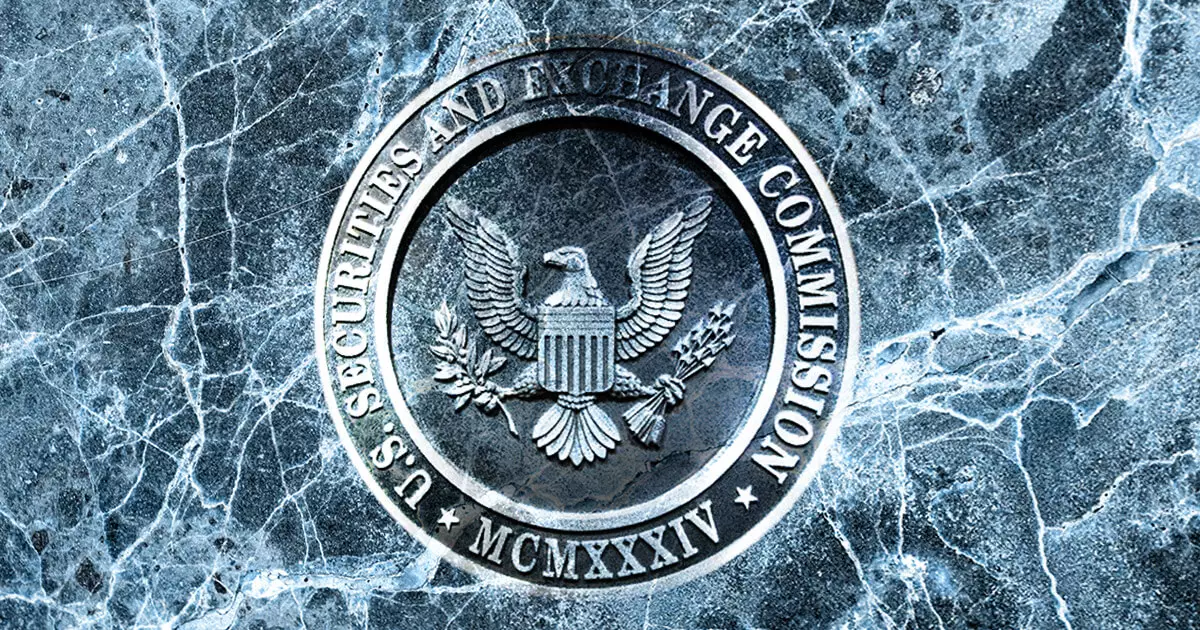The US Securities and Exchange Commission (SEC) Commissioner, Mark T. Uyeda, recently highlighted the importance of developing specialized S-1 registration forms specifically tailored for digital asset securities. During a talk at the Korea Blockchain Week 2024 event, Uyeda emphasized the need to update the SEC’s regulatory tools to address the unique characteristics of digital assets. While the current S-1 forms are essential for US issuers to offer new securities to the public and provide vital financial disclosures, Uyeda pointed out that they may not fully capture the complexities of digital asset securities.
Drawing on past experiences with other financial products, Uyeda suggested that working with sponsors to create customized registration requirements could be beneficial for digital asset securities that do not neatly fit existing regulatory frameworks. The lack of tailored registration options could place unnecessary burdens on sponsors and require them to provide disclosures that may not be relevant or feasible. Therefore, Uyeda called for a more adaptive regulatory framework that recognizes the distinct nature of digital assets, which are classified as securities under federal law.
The regulation of digital asset securities has been a contentious topic within the SEC, leading to legal disputes with major industry players like Ripple and Coinbase. These firms have argued that the SEC’s lack of clarity on what constitutes a security in the digital asset context has created uncertainty and legal challenges. They have called for clear, consistent, and predictable rules that can foster innovation while protecting investors. The ongoing regulatory uncertainty has been a significant point of contention, with both firms advocating for reforms to provide greater clarity and support for the digital asset industry.
The Role of the SEC and Regulatory Uncertainty
Uyeda also addressed the broader issue of regulatory uncertainty in the digital asset space, noting that the SEC has yet to take decisive action in this area. He suggested that new legislation or rulemaking could provide clearer guidelines for the industry. Despite the growing relevance of digital assets, these issues have not been prioritized in the SEC’s regulatory agenda under Chair Gary Gensler. With his term as commissioner extending until June 2028, Uyeda emphasized the importance of considering international developments in regions like the European Union, South Korea, and Japan when shaping future regulations for digital assets.

